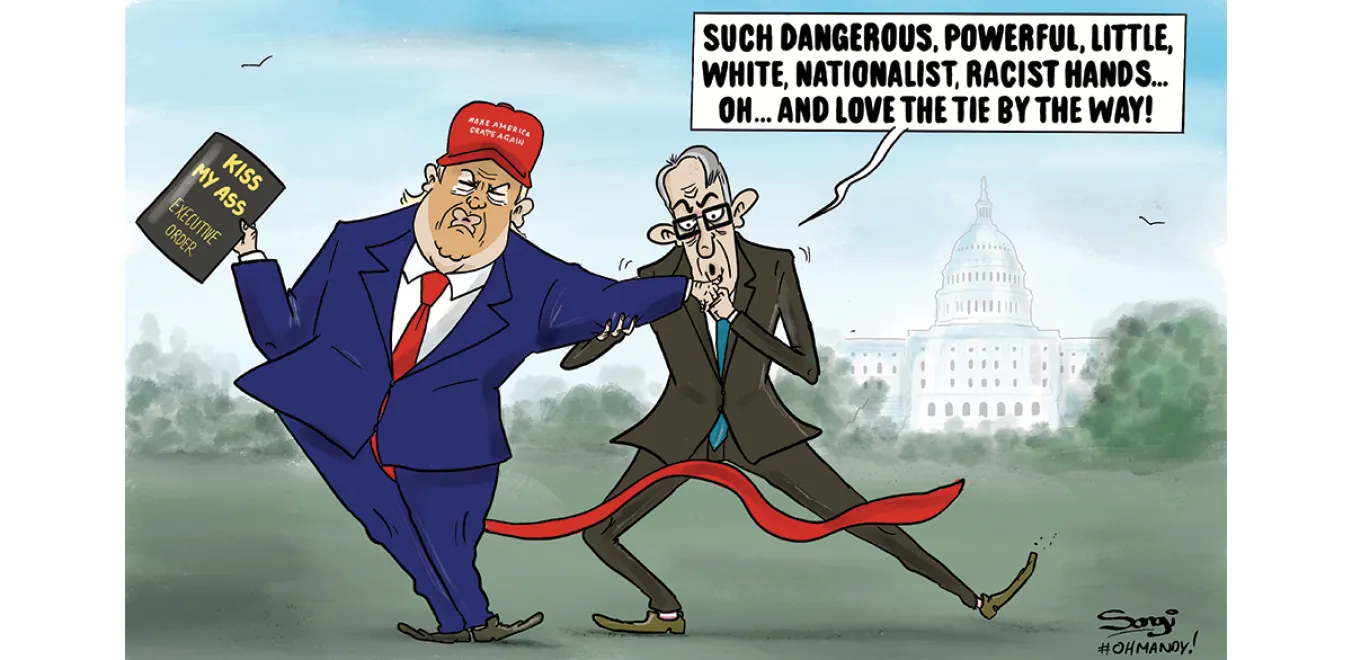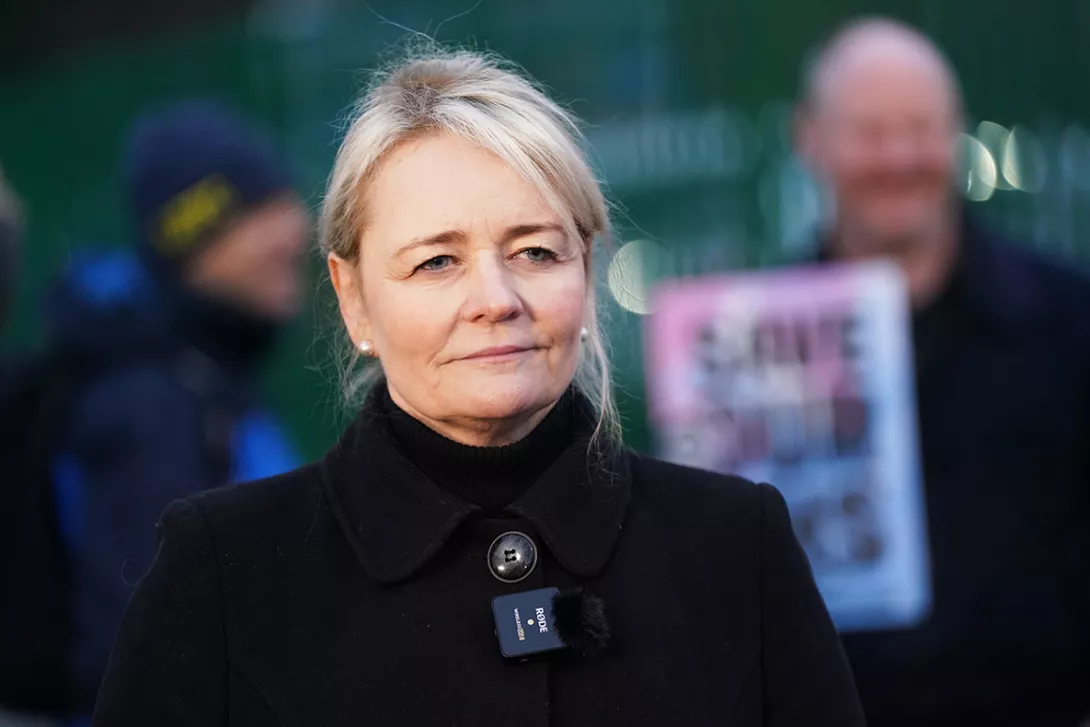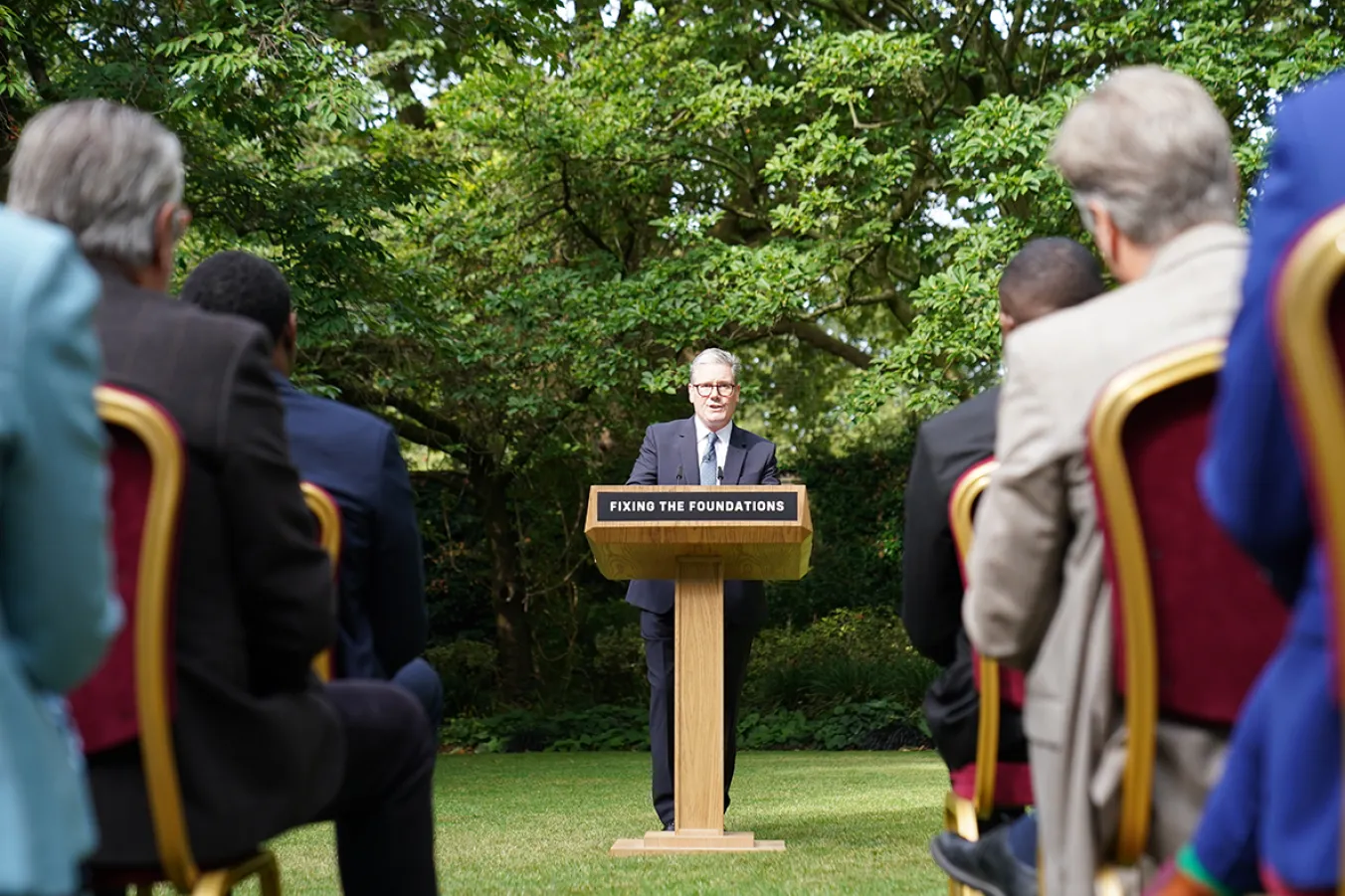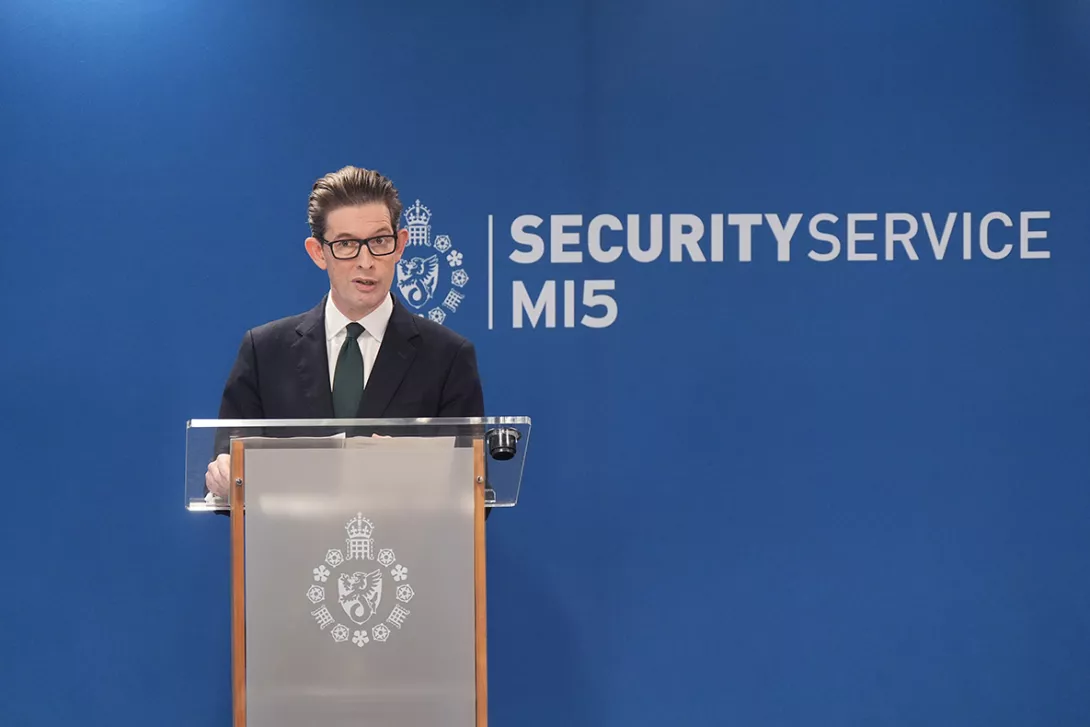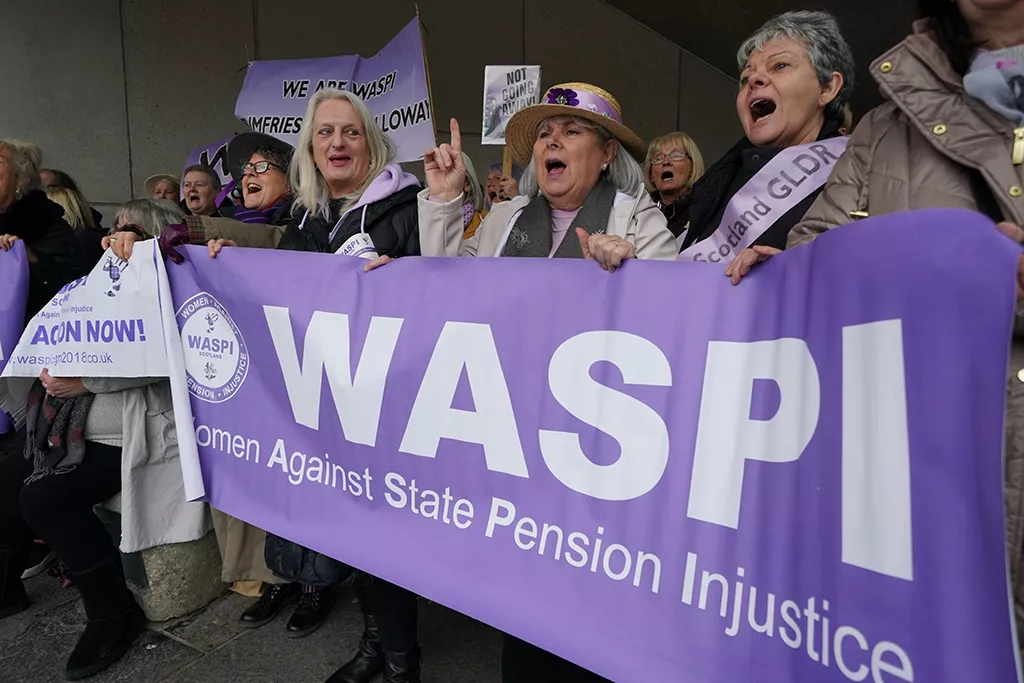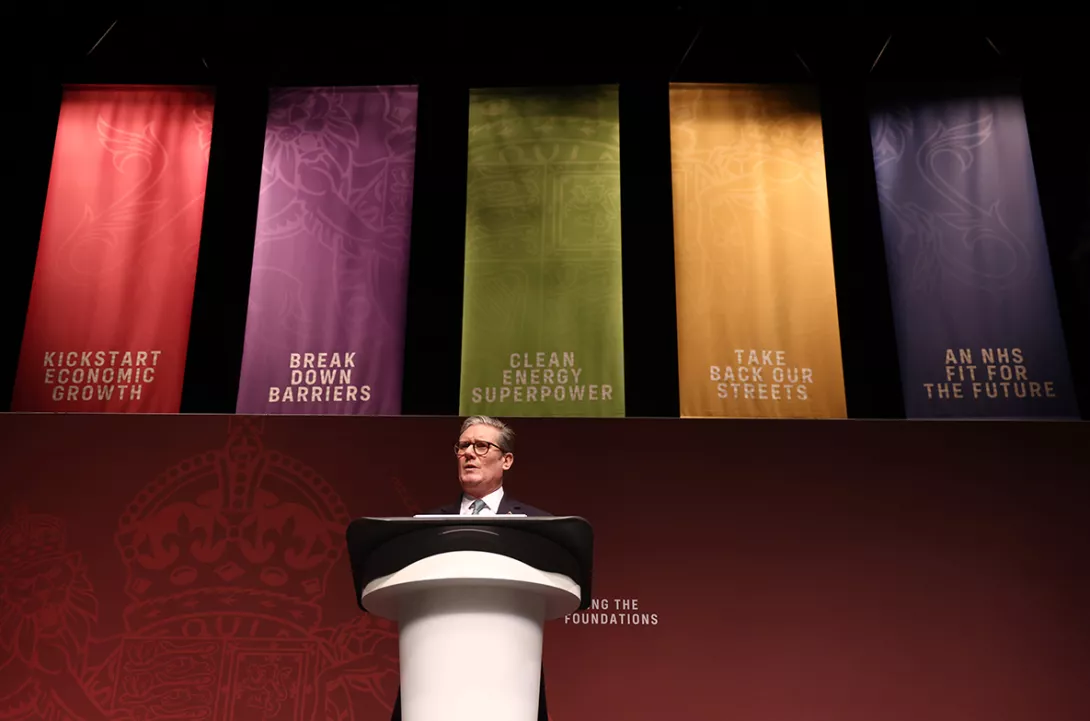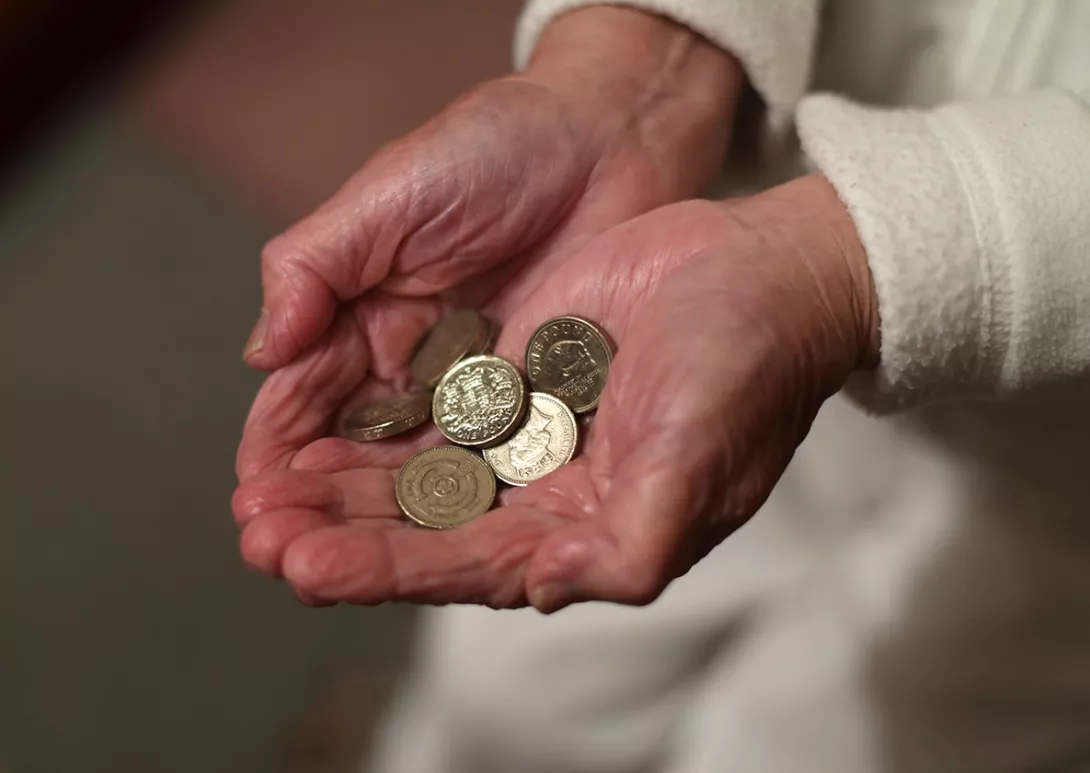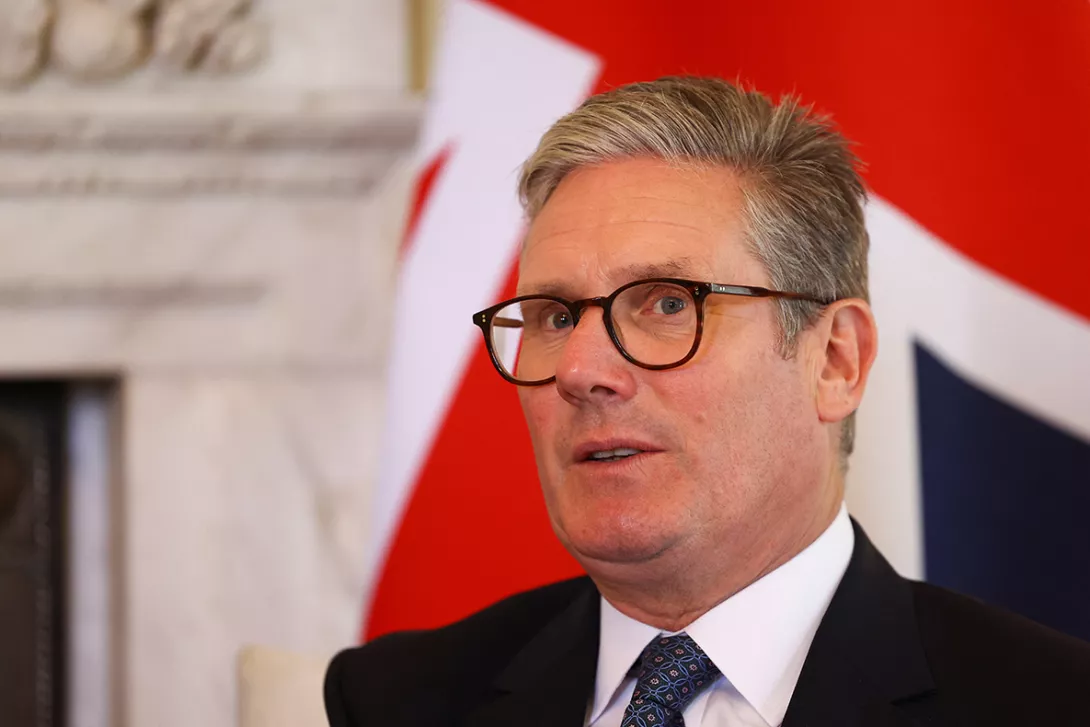
AFTER seven weeks in office marked by a renewed austerity and scarred by far-right riots across the country, Sir Keir Starmer finally felt the need to speak to the country today.
He did so standing in the same Downing Street garden that David Cameron and Nick Clegg used to announce their coalition in 2010 and the brutal onset of austerity mark one.
Resolutely downbeat, the Prime Minister made no attempt to mimic Tony Blair’s “things can only get better” rhetoric from the last time a Labour government assumed office. Indeed, his warning was that “things will get worse before they get better.”
And they are already bad enough. Starmer is on firm ground in blaming the craven, corrupt and barely competent Conservatives for the state the country is in.
But he has to answer for the paucity of the solutions he offers and for his determination to govern within the basic parameters laid down by the Treasury, the City and Washington.
That determination not to think outside the Establishment box has already mandated keeping the two-child benefit cap, halting winter fuel payments to needy pensioners and pouring arms and resources into the unwinnable Ukraine conflict while continuing to ship munitions to support Israel’s genocide.
Starmer is clearly intent on staying the austerity course, as mandated by the bond markets.
He warned again of a “tough” Budget coming up in October. Oddly he claimed that those with the broadest shoulders should bear the burden of righting the public finances, but that has not been his policy thus far — on the contrary, it has been the weakest, such as children living in poverty, who have been made to pay the price.
Unite leader Sharon Graham is right to say that his speech today was not the one the country needed.
“We should not pit pensioners against workers,” she said, adding that “we now need Labour to have the courage to make the right choices. To be Labour and fight for change for workers and our communities.”
Her proposed solution is correct too. It is indeed “time for a wealth tax on the super-rich and a tax on excess profits. We don't need more excuses about fiscal responsibility or talk of wealth creation,” she said.
Likewise, the Greens’ Carla Denyer is correct to argue that “Labour could choose to make things better for everyone if they were bolder and braver.
“What is being framed as tough choices is actually about political choices. People need a new approach, not misguided fiscal rules that are set to make things worse,” she said.
There is no sign that Starmer is listening to this sense. The trade union movement and the left therefore need to be urgently considering how to impose a change of course.
Unions will understandably be focused on ensuring that the promised new legislation on workers’ rights, including the repeal of the anti-union laws brought in by the last Tory government, is got over the line.
That is mired in a lack of clarity at present, with talk of many measures not seeing the light of day until next year, and business lobbying hard for indefinite “consultation” on those changes it finds particularly unappealing.
However, a wider agenda must also be kept in focus. Here again Graham’s remarks provide suggestions.
Unions need to unite with pensioners’ organisations to campaign together against the cut in fuel payments this winter, and with the People’s Assembly to challenge the two-child cap, as well as backing the pro-Palestine and anti-fascist movements.
That is the only way to inject hope of real change into Starmer’s doom-laden Establishment agenda.
